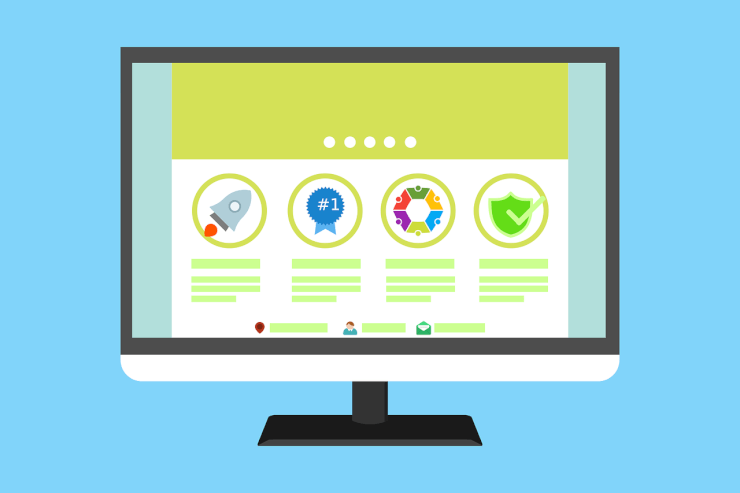
How to Keep Your Website Secure With Minimal Tech Skills
07/23/2025
You don’t need to be a tech genius to protect your website from hackers and cyber threats. With a few simple tools and some good practices, you can secure your site, even with limited technical knowledge. Here’s a complete guide with practical tips under each heading.
Choose a Secure Hosting Provider
Your web host plays a major role in your website’s security. Look for providers that offer:
-
Free SSL certificates
-
Automatic daily backups
-
Firewall protection
-
Malware detection and removal
-
24/7 customer support
Use Strong, Unique Passwords
Passwords are your first line of defense. Weak passwords are easy to crack.
-
Create long passwords that contain letters, numbers, and special characters
-
Avoid using personal information, like birthdays or names.
-
Use a password manager like LastPass, Bitwarden, or 1Password to store them securely.
-
Change your passwords regularly and don’t reuse the same one for multiple accounts.
Keep Software, Themes, and Plugins Updated
Hackers target outdated software because it often contains known security vulnerabilities.
-
Enable automatic updates if your platform supports it.
-
Schedule a weekly check to update your content management system (CMS), themes, and plugins manually.
-
Remove unused plugins or themes, they can still pose security risks even if inactive.
For WordPress users, this is especially crucial since it’s a common target for attacks.
Install a Security Plugin
Security plugins make it easy to protect your site without coding.
-
Wordfence (for WordPress) offers firewall protection, malware scans, and login security.
-
Sucuri offers both free and paid security monitoring.
-
These plugins are easy to install and come with default settings that work out of the box.
They alert you to suspicious activities and often fix small issues automatically.
Use HTTPS (SSL Certificate)
HTTPS encrypts data between your site and your users, protecting sensitive information.
-
Most hosts like Bluehost and GoDaddy offer free SSL through Let’s Encrypt.
-
Installing it usually requires one or two clicks via your hosting dashboard.
-
Having HTTPS also improves your search engine ranking and builds trust with visitors.
Limit Login Attempts
Brute-force attacks are when bots repeatedly guess your login info until they succeed.
-
Use plugins like Login Lockdown or enable this feature in your main security plugin.
-
Limit login attempts to 3–5 tries before temporarily locking the user out.
-
This stops automated bots and protects your admin access.
Enable Two-Factor Authentication (2FA)
2FA adds another layer of protection, even if someone gets your password.
-
Use plugins like Google Authenticator or WP 2FA to set it up.
-
You’ll receive a code on your mobile device or email each time you log in.
-
This small step makes unauthorized access nearly impossible.
Schedule Regular Backups
Backups are essential in case your website is hacked or crashes.
-
Use backup plugins like UpdraftPlus or BlogVault for WordPress.
-
Choose a host that offers daily automatic backups as part of your plan.
-
Store backups offsite, for example, on Google Drive or Dropbox.
-
Test your backup system occasionally to make sure it works when you need it.
Avoid Free or Unverified Plugins and Themes
Not all free tools are safe. Some carry malicious code that can infect your website.
-
Only download from official repositories, like WordPress.org or trusted developers.
-
Check plugin reviews, update history, and support activity.
-
Avoid using nulled or cracked themes and plugins, even if they seem tempting.
Dataczar Connect is an all-in-one marketing solution allowing you to build a beautiful website with ease, create campaigns in a few clicks, and make branded marketing materials in a matter of minutes. There’s no coding or hidden costs. In just 5 easy steps, you’ll have your own domain for your business or brand and begin connecting with prospects through omnichannel marketing and content creation.
